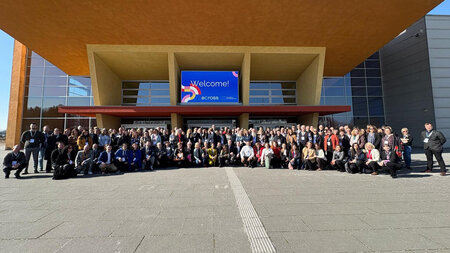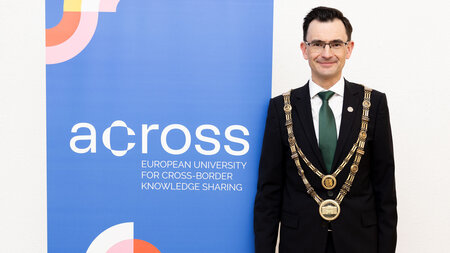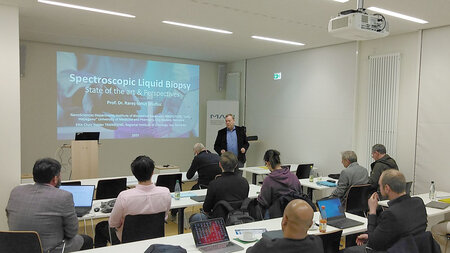Innovative energy business models of the future - What should they look like?
Project NEMoGrid is looking for respondents for an online survey to explore the preferences of innovative business models for the integration of distributed energy resources
-

The project "NEMoGrid" is funded by the EU. The project is about intelligent and sustainable power grids. Photo: pexels.com (https://www.pexels.com/de-de/foto/dammerung-draussen-falle-fokus-276254/CC 0)
The "NEMoGrid" project aims to develop new business models for the increased integration of distributed energy resources. The research group Cognitive and Engineering Psychology (Prof. Dr. Josef Krems) of the Chemnitz University of Technology has the task of examining the business models developed for the increased integration of distributed energy resources with regard to their consumers and prosumer perspectives. In particular, the acceptance and possible barriers for the use of different energy business models will be examined.
The peer-2-peer business model was evaluated as particularly innovative in previous studies within the project. Here, there are neighbors who produce electricity themselves, e.g. with a photovoltaic system (prosumers) and neighbors who consume electricity (consumers). The basic idea in this business model is that prosumers and consumers negotiate among themselves about the excess electricity of the prosumers and form a self-sufficiency community. This trade is managed with the help of block chain technology. The advantage of such a business model is that energy losses during transmission are minimized, which at the same time results in reduced electricity transmission costs in the energy bill. The biggest advantage is the possibility to integrate decentralized and locally produced renewable energy.
Results of previous project surveys show that especially non-existent information about advantages and disadvantages of the P2P model is a hurdle to participation. Some information such as price information about the business model is extremely important. Furthermore, other factors could be identified in previous studies. Within the framework of the current online survey, the researchers are now looking into the preference of potential pro- and consumers for specific factors that increase their willingness to participate in the innovative P2P model.
A detailed description of this study and further project results can be found on the project website.
Invited are all those who purchase energy for their own household or produce energy themselves (e.g. via a photovoltaic system). The English-language survey takes about 30 minutes and 40 x 25 euros will be raffled off among all participants. The raffle will take place in the middle of December.
The NEMoGrid online survey can be found here.
Further information about the project and studies can be obtained from
Maria Kreusslein, e-mail maria.kreusslein@psychologie.tu-chemnitz.de
and Susen Döbelt, e-mail susen.doebelt@psychologie.tu-chemnitz.de.
(Author: Maria Kreusslein)
Matthias Fejes
03.12.2020





